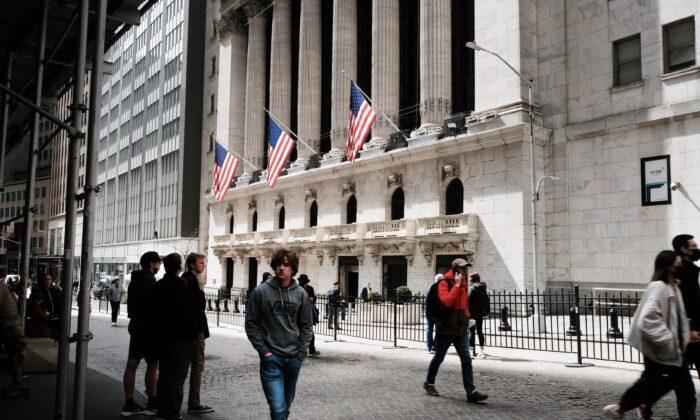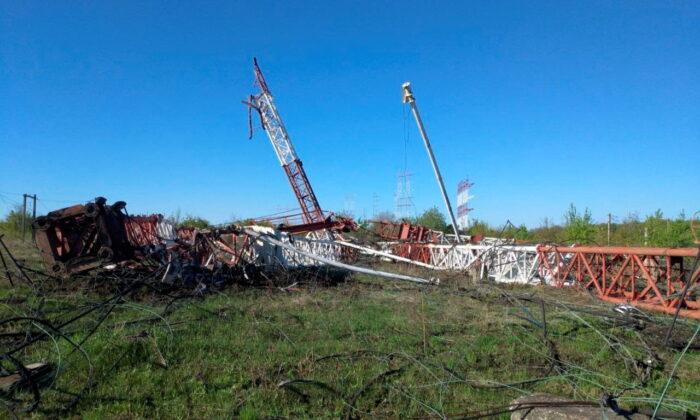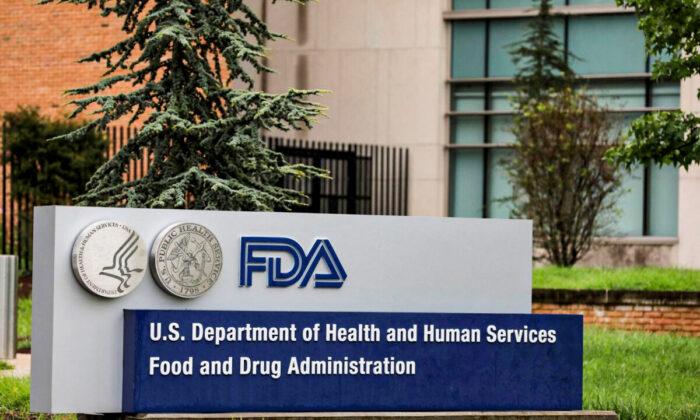The U.S. economy could soon be in a state of “stagflation,” an expert warned, blaming the Biden administration’s “enormous” spending on the skyrocketing national inflation, amid growing fears of a recession.
Last month, U.S. inflation accelerated to an 8.5 percent annual rate. Some economists believe that regaining control of prices will require far more aggressive rate hikes by the Federal Reserve, which may topple the U.S. economy into a recession.
“There’s some concern that if they [the Federal Reserve] try to fight that [rising inflation] too aggressively, then they might end up sending the economy into recession,” explained St. Onge. “And indeed, if that were to happen, we'd actually be looking at stagflation at this point, both inflation and a slowing economy.”
St. Onge said that the root cause of skyrocketing inflation in the United States is largely coming from government spending.
“There was a new report out of the Federal Reserve that was saying this is not COVID-19. Supply chains are actually relatively a small part of it. This is overwhelmingly coming from government spending,” he said.
“And then the Federal Reserve accommodated that by really flooding markets with money. So, the [Biden] administration so far has really been sort of looking for excuses to spend more trillions—those new trillions are going to drive up inflation in the short run.
“It is possible they may do something in the long run, you know that they may ease pressures a decade down the line, but certainly in the short run, all of that spending is likely to make things even worse,” St. Onge added.
The Epoch Times has contacted the Biden administration for comment.







Friends Read Free